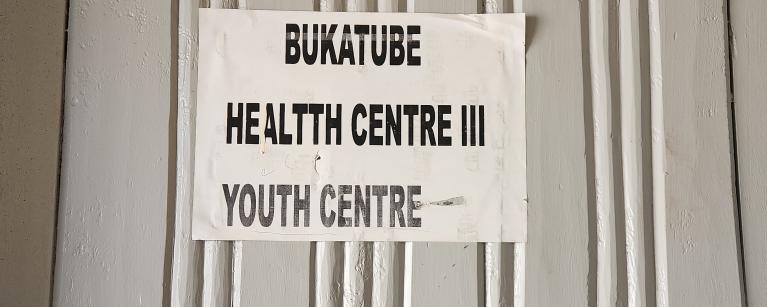In Bukatube sub-county, Mayuge District, a youth-friendly corner opened in 2023 at a local health facility is facilitating increased access to sexual and reproductive health rights (SRH)services for adolescent girls and young women.
Led by peer educators and supported by Bukatube Health Centre, the youth-friendly corner offers SRH services like counselling, HIV and STI testing, and comprehensive family planning methods. This is addressing one of the challenges facing the district, where young people remain reluctant to seek SRH services due to the fear of judgment from adults.
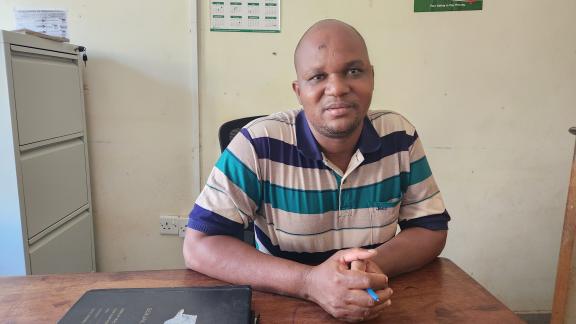
Charles Gumpi - The In-charge of Bukatube Health Centre III in Mayuge District
This is confirmed by research conducted by Makerere University School of Public Health. Focused on the barriers and facilitators of accessing SHRH services for young people, the study found out that 81% and 73% of the respondents, respectively, believed that girls and boys should remain virgins until they marry.
According to Charles Gumpi, the person in charge of the health facility, most youths were not coming for some services, such as family planning or contraceptives for fear of mixing with the elders, who are sometimes their parents.
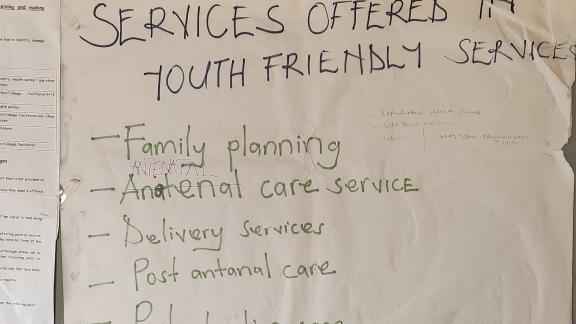
The study also established that there is still internal stigma among peers (young people).
Professor Bukenya, the study’s principal investigator, noted that the youth come to health facilities late in the evening in the hope of not finding the elders. Sometimes, the youth find when the health workers are tired. This leaves them not served, hence the need for youth-friendly SRH services.
Thanks to the work of the peer educators, the facility has since set aside Wednesday as a special day for the doctors to attend to the youth. On this day, peer educators in the communities mobilize the youth about the available services, assuring them of accessing these facilities in a youth-friendly corner.
“Wednesday is a youth day. On these days, the youth come, and we sensitize them on several health initiatives such as counselling, family planning, and HIV testing, among other services.’ Nabudo Catherine Ritah, a peer educator, noted.
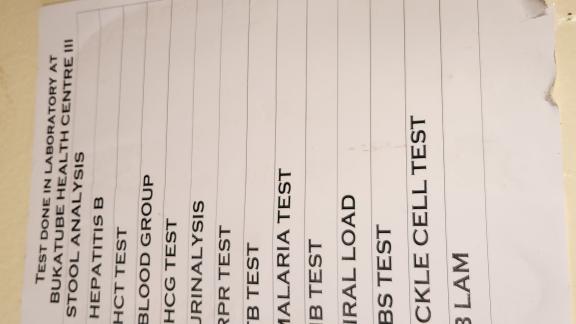
RHU works with and builds the capacity of the health workers to raise awareness and provide SRHR services that are youth-friendly, that are always provided on Wednesdays.
According to Charles, the health centre's in-charge, the initiative has seen a significant rise in the number of young people accessing services. “Before the establishment of the youth corners, the facility used to get between 10 and 15 youth in a month requesting SHRH services, but right now, over 100 youths come each month.” Says Charles.
This surge is largely credited to the privacy and youth-centered environment the corners provide, as well as active outreach efforts and community sensitisation by peer educators.
Also from the research, the young people‘s reported health providers (34%), friends (32%), and community health workers (28%) as their main sources of information about SRH services.
“The youth-friendly corner now provides a space where they can feel comfortable and safe, without the pressure of interacting with adults in the general wards”
Although there has been an increased uptake of SRH services, Charles says that they are still faced with the challenges.
‘The biggest challenge to the adoption of SHRH services is the misconception that they cause cancer and fibroids. This limits the number of people who come for the services. Some resort to traditional healers.”
Under this project, Oxfam and partners work with cultural leaders to sensitise communities to address dangerous cultural myths and norms around SHR services
While progress is evident in Bukatube, the Eastern region is still affected by high numbers of teenage pregnancies.
Sustained efforts are needed across the region to ensure that all young people have access to the SRH services they need without the fear of stigma or misinformation. The Approval of comprehensive sexuality education by the Ministry of Education, more SRHR initiatives as well as open conversations about sexuality could go a long way in addressing these challenges.
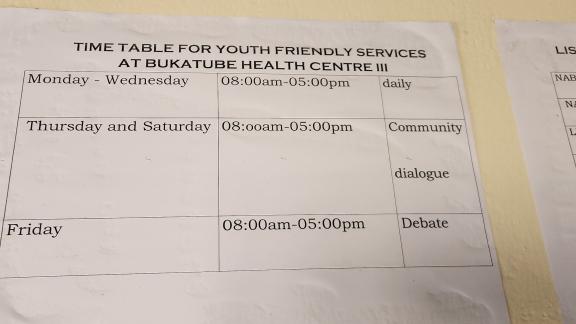
With funding from Global Affairs Canada (GAC), Oxfam, CEHURD, Femme Forte Uganda, Reproductive Health Uganda and the School of Public Health – Makerere University are implementing six and a half years Stand-Up for SRHR project. The project addresses key gender inequality and human rights issues, particularly harmful social norms, traditional practices, and taboos regarding gender and sexuality; lack of adequate information on or access to comprehensive SRHR services; and lack of meaningful decision-making power by young women and girls regarding their health and sexuality. This project is implemented in Uganda, Mozambique, and Canada.
Written By Dorah Ntunga and Sarah Mazirwe.
